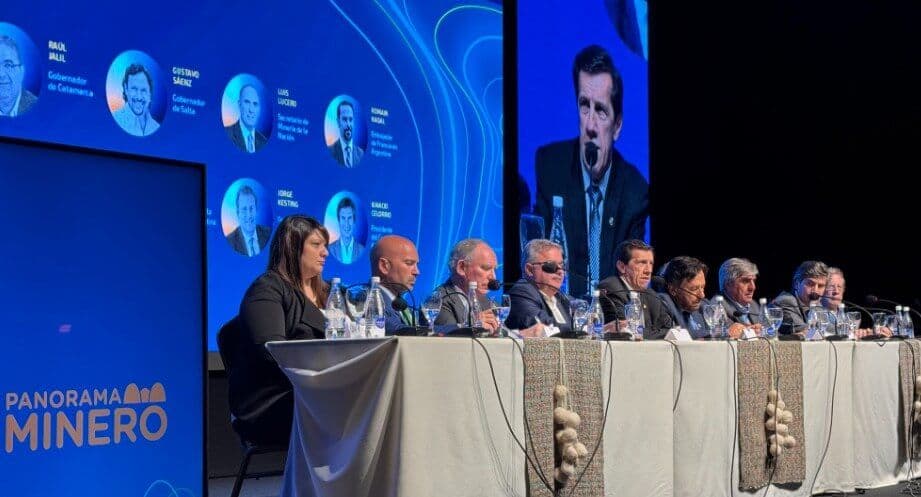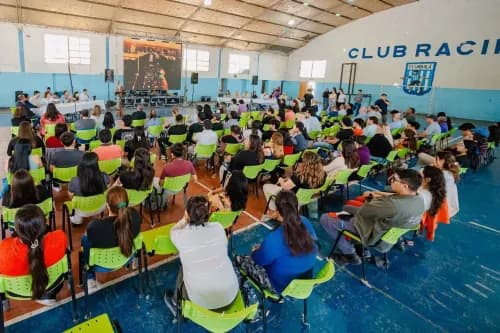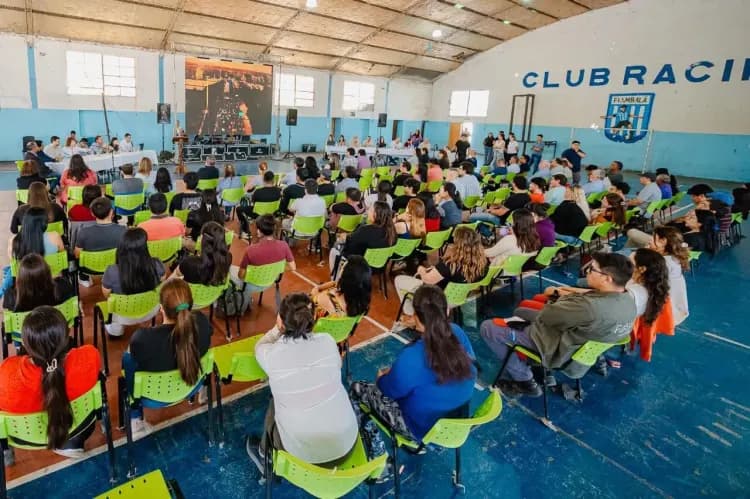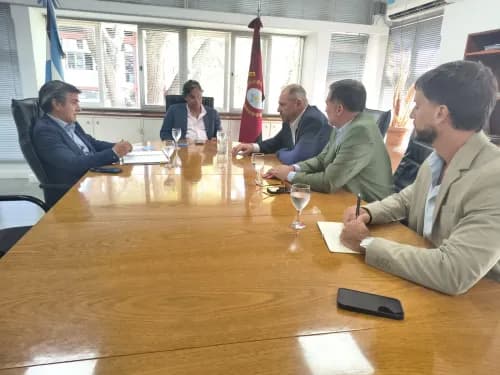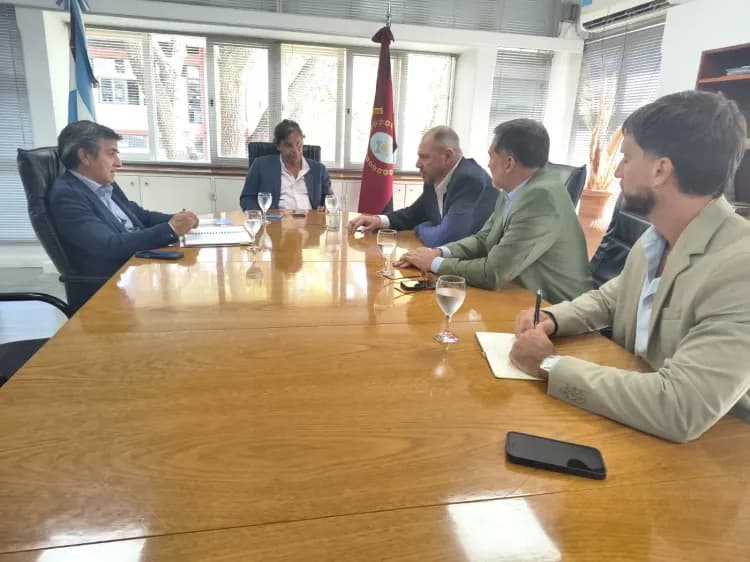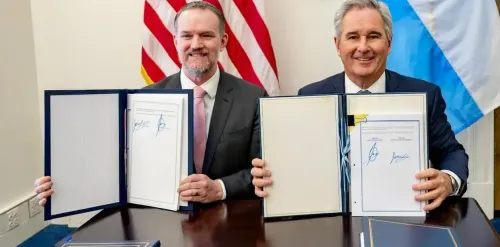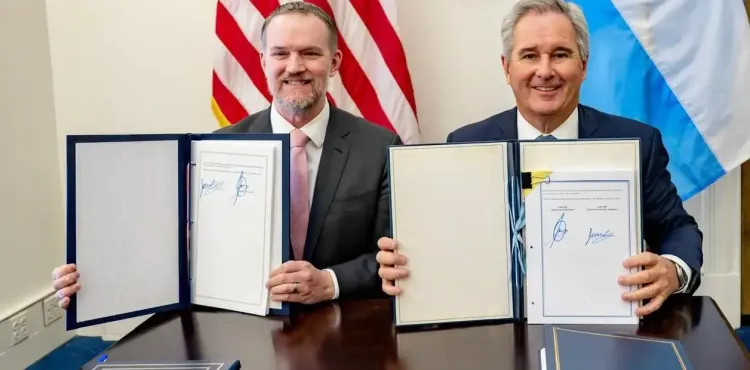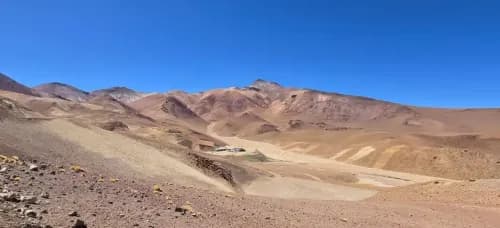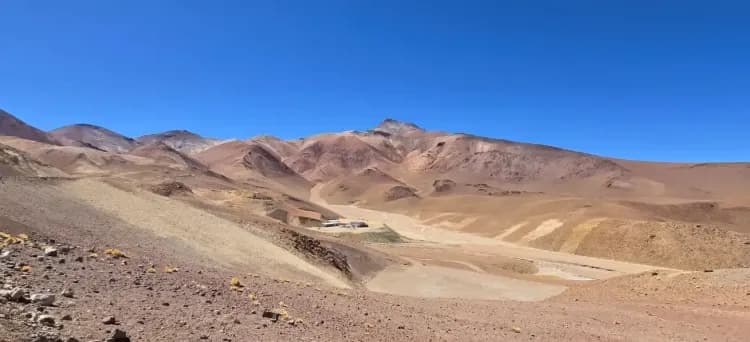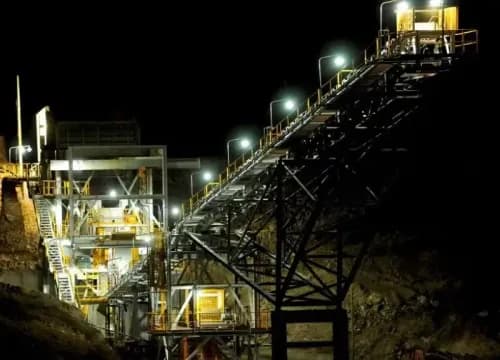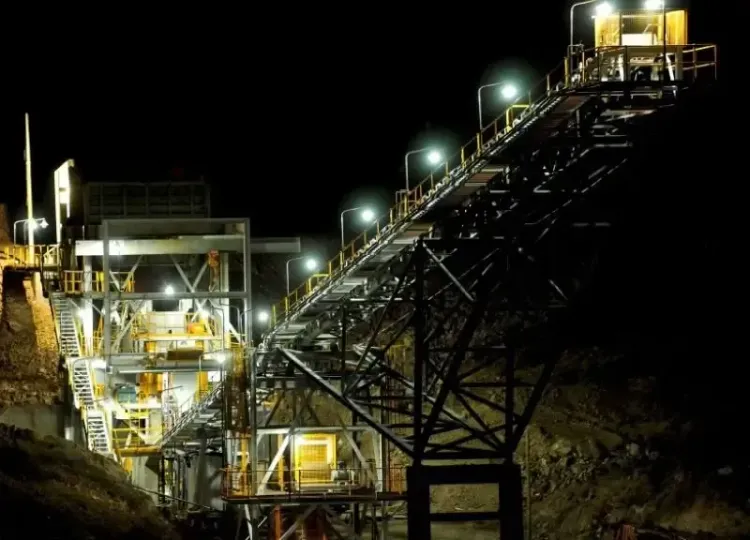Governors from Argentina’s northwest, alongside international representatives, diplomats, business leaders, and the country’s Secretary of Mining, inaugurated the "13th International Seminar on Lithium in South America," a key event organized by Panorama Minero in Jujuy Province, drawing over 1,500 attendees on its first day. Since its founding in 2011, the event has established itself as a leading platform to discuss lithium's role in the energy transition and its potential to drive the region’s economic and social development. Experts agreed that there are solid reasons to expect a favorable outlook for the sector, despite the current price downturn.
By Panorama Minero
Jujuy Governor Carlos Sadir, the event's host, emphasized lithium’s importance as a critical mineral in the transition to clean energy, noting that "global demand for this resource continues to grow." Sadir stressed the need for mining to be not only profitable but also sustainable, with a firm commitment to environmental protection and respect for local communities. He also mentioned the Large Investment Incentive Program (RIGI), which aims to attract foreign capital, noting that it "addresses many of the historical obstacles to large-scale mining investments."
Salta Governor Gustavo Sáenz underscored lithium’s essential role not only in the energy transition but also as a driver of innovation and sustainability. He highlighted the value of the Lithium Roundtable, which brings together the provinces of Salta, Jujuy, and Catamarca to promote joint policies that strengthen the industry and encourage local community involvement. Sáenz emphasized the need for modern, transparent mining practices, with efficient management systems and strict environmental controls. He also made one of the event’s most notable statements regarding suppliers and regional mining collaboration: “In the northwest, we don’t compete; we share. If we lack suppliers for certain needs in Salta, we welcome those from Catamarca or Jujuy, and the same applies to Salta in the other provinces. It's about giving our people the chance to be part of this great opportunity.”
Catamarca Governor Raúl Jalil praised the Lithium Roundtable as a state policy that has enabled the three provinces to coordinate efforts for the sector's growth, overcoming political differences. With over 2,400 direct and 6,000 indirect employees in Catamarca’s mining sector, Jalil highlighted the positive impact of the industry on local communities and called for continued collaboration between provinces, companies, and unions.
Secretary of Mining Luis Lucero pointed to the growing international interest in Argentina’s strategic resources, noting that while progress has been made, the country is still in the early stages of fully exploiting its mining potential. "Argentina has vast resources, but only through sustained exploration will we be able to identify all that we have," Lucero said. He called for closer collaboration between governments, businesses, and communities to position Argentina as a global leader in the production of strategic minerals, echoing the governors’ belief that "the time for mining is now."
Romina Sassarini, President of the Federal Mining Council (COFEMIN), highlighted the need to align provincial and national mining policies to maximize the industry’s development. “Our work is to build consensus, foster research, and drive innovation to meet the challenges and seize the opportunities mining presents across the country.” Sassarini also emphasized the importance of inclusive mining, with a focus on gender equity and the active participation of women and diverse groups in the sector.
Roberto Cacciola, President of the Argentine Chamber of Mining Companies, expressed optimism about the future of lithium in Argentina, suggesting that production could increase more than sevenfold by 2026, a topic discussed in subsequent sessions. He also highlighted the Large Investment Incentive Program (RIGI) as a key tool to create a favorable investment climate and stressed the importance of managing expectations generated by the sector’s rapid growth, while ensuring local workforce training.
The event also featured international figures, such as French Ambassador to Argentina Romain Nadal, who emphasized France's role in developing sustainable lithium extraction technologies and its cooperation with Argentina in the energy transition. Similarly, the European Union Ambassador, Amador Sánchez Rico, reaffirmed the EU's commitment to responsible, sustainable investments that respect both the environment and the rights of local communities.
During the first day, major lithium producers Lithium Argentina and Eramet participated, while Jason Luo, CEO of Chinese giant Ganfeng, had a one-on-one conversation with Forbes Argentina's economics journalist Fernando Heredia. Luo stated that lithium prices would stabilize upward and expressed confidence in the continued role of lithium in the energy transition. Also present was Flavia Royón, Executive Secretary of the Lithium Task Force, who took part in a panel moderated by journalist Florencia Barragán. The day's events concluded with a keynote presentation by Joe Lowry, a renowned global analyst and a key voice in the lithium market.
The 13th International Seminar: Lithium in South America reaffirmed the strategic importance of this mineral in the transition to clean energy and Argentina’s growing role as a key player in the global market. With a long-term vision based on sustainability, local development, and technological innovation, Argentina seeks to capitalize on the opportunities lithium offers for economic and social development, strengthening its international standing through competitive production costs, high-quality resources, and partnerships with companies from various countries capable of executing these projects.
